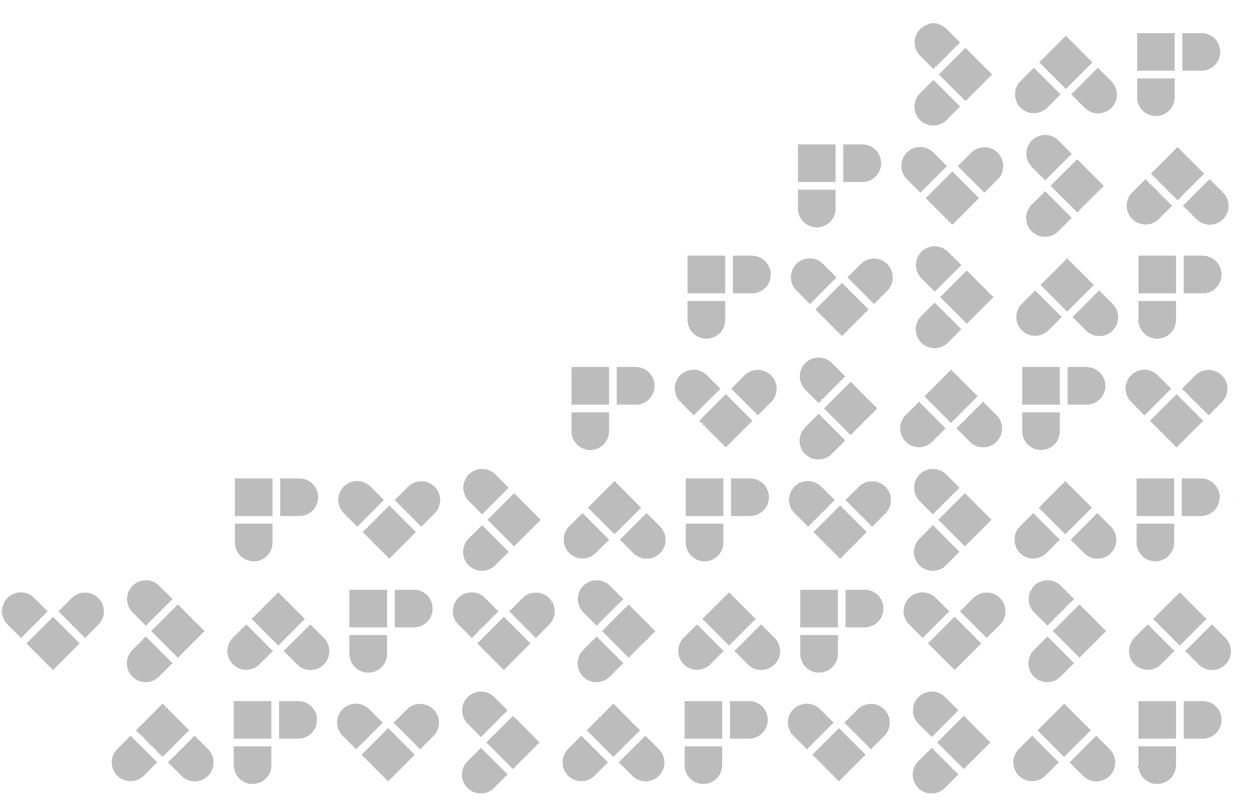Certified Data Centre Specialist (CDCS®)


Course Overview
Master data centre operations with our CDCS (Certified Data Centre Specialist) certification course! Gain expertise in power, cooling, security, and more for efficient management. Enrol now to excel in overseeing critical data centres!
CDCS® (Certified Data Centre Specialist) is an advanced 3-day training offered exclusively through Upskilled Tech Academy, tailored for professionals specializing in data centre design and construction. This course equips participants with advanced engineering calculation skills essential for various components within a data centre facility. Completing CDCS® at Upskilled Tech Academy enables attendees to elevate their competencies, becoming adept counterparts when engaging with suppliers. They gain the capability to scrutinise vendor offers for accuracy, efficacy, and efficiency.
CDCS® represents the second step within the EPI Design and Build training track under the EPI Data Centre Training Framework. Prospective participants are required to possess a valid CDCP® certificate to register for the CDCS® course, exclusively offered at Upskilled Tech Academy. Moreover, CDCS® acts as a stepping stone for individuals aspiring to achieve the esteemed CDCE® status.
Who is this training for?
The primary audience for this course is an IT, Facilities or Data Centre Operations professional working in and around the data centre (representing both end-customers and/or service provider/facilitators) and having responsibility to achieve and improve high availability and manageability of the Data Centre, such as: Data centre managers, Operations / Floor / Facility managers, data centre engineers, network/system engineers, data centre sales/consultants.
What will you gain?
Upon completion, participants will harness the capability to:
- Grasp the data centre design life cycle and its stages.
- Effectively communicate detailed data centre requirements with vendors, suppliers, and contractors.
- Validate design plans and offers proposed by vendors/contractors.
- Understand redundancy levels in data centre design and maintenance.
- Comprehend various building considerations like bulletproofing, seismic mitigation, fire ratings, and thermal stability.
- Install raised floors correctly to avoid misalignment, level differences, and leakage.
- Interpret Single Line Electrical Diagrams to identify and prevent common design issues.
- Select suitable UPS and parallel configurations while avoiding common installation mistakes.
- Calculate battery banks and validate configurations to meet requirements.
- Maintain safety distance to prevent EMF issues for human safety and equipment disturbances.
- Understand fundamental cooling setups, CFM, Delta-T, and other critical factors.
- Grasp contamination factors and limitations.
- Explore fire suppression options, calculate gas content, and verify installations.
- Measure and enhance data centre energy efficiency.
Modules
- Overview of the phases of a data centre life cycle
- Planning, re-alignment and continuous improvement
- Rating level history
- Standards and guidelines compared (TIA-942, ISO 22237, EN 50600, UTI)
- Rating level definitions
- Redundancy options (N+1), 2N, 2(N+1)
- Concurrent Maintainability/Compartmentalisation
- Example configurations
- Substation and feed requirements
- Maintenance options
- Operational processes guidelines/standards
- Skill development
- Building location considerations
- Floor and hanging loads requirements
- Fire rating for walls and glass
- Blast protection
- Bullet proofing
- Forced entry protection
- Raised floor installation guidelines
- Techniques to install a proper and leveled raised access floor
- Common mistakes
- Choosing the right tiles and their locations
- Seismic-mitigating floor constructions
- Choosing the correct suspended ceiling
- Power infrastructure layout;
- Formulas which you should know for the data centre
- Single Line Electrical diagrams; how to read to ensure key components are present for protection
- Over current protection devices (MCB/MCCB/VCB/ACB/Fuses) definitions and what to use where
- Earth Leakage devices (RCB/RCD/ELCB/GFCI/ALCI/RCBO), definitions and what to use where
- Sizing of protective components
- Lightning strikes and surge protection devices (TVSS/SPD), how they operate, where to use and how to install
- Power cabling and cable run considerations
- PDU/DB setup and minimum requirements
Generators;
- Generator types: Standy/Prime/Continuous
- Component make up and functions
- Fuel storage and calculation
- Paralleling of gen-sets
- Generator room/area requirements
UPS Systems;
- Required specifications for UPS systems
- How to read data sheets and select the correct UPS
- Requirements for parallel configurations and avoid pitfalls such as single point of failures
- How parallel installation should be done, classic mistakes made by installers and how to avoid these
Harmonic Filters;
- Active/Passive filters and their application
Battery Banks;
- Battery bank terminology
- Designing battery banks, how to calculate, and double check the battery bank to be installed
- Battery charging pitfalls and ensuring the right charger is being installed and used
- Using parallel battery banks; how to properly install them, limitations and risks when using batteries in parallel
- How to test batteries correctly and make decisions on cell/block or string replacement
- Battery casing choices; ABS, V0, V1, V2
- Alternative energy storage; flywheel, re-usable cell, compressed air UPS, etc.
- Sources of EMF
- Difference between single, three phase and bus-bar EMF
- Options available to measure EMF and how to interpret the results from single-axes and composite measurements
- Guidance on safe distance for equipment and humans
- Calculation of EMF attenuation factor for shielding material permeability and saturation factors
- Important definitions; dry-bulb, wet-bulb, dew-point, RH, sensible and latent heat
- Psychometric chart and ASHRAE recommendations
- Environmental class definitions and thermal specifications
- Temperature/humidity measurements guideline
- Heat dissipation methods
- Altitude impact on temperature intake to ICT equipment
- Floor plan setup for effective cooling
- Differences in tile surface and supporting structure and the air-flow performance impact
- Rack door construction and the flow performance impact
- Equipment Delta-T and its impact
- Optimising airflow
- Thermal units conversions
- Calculations for air volume displacement (CFM/CMH)
- Cooling capacity calculations
- Air-conditioning selection
- De- / humidifying options
- Air conditioning efficiency
- SHR impact on cost saving
- Efficiency indicator
- New cooling principle and techniques (Submerged, VSD/VRF/ECF/water- and air side economisers)
- Redundancy guidelines for air-conditioners avoiding classic misconceptions and mistakes for meeting ANSI/TIA-942 compliant designs
- Installation requirements
- Connections to fire panel and EPO
- Commissioning of air conditioners
- Set points and calibration
- CFD (Computational Fluid Dynamics)
- The fire triangle and elements to stop a fire
- Detection systems in detail (VESDA, VIEW, smoke sensors)
- Considerations for installation of sensors
- Proper testing of smoke sensors
- Water based systems i.e. deluge, wet-pipe, dry-pipe, pre-action and why most of them don't work and how to detect this
- Details on Inert and Halocarbon systems and how to select the correct system for your data centre
- How to calculate the gas content ensuring the appropriate level is installed to suppress the fire including safety considerations
- Other requirements for gas systems such as release times, hold times, pipe install requirements and other important factors
- Requirements for the fire detection panel
- Installation verification, methods, what to check and how
- New advanced fire suppression technologies
- ANSI/TIA942 cabling structure topology
- Copper and fiber cabling
- ToR, EoR Design
- Intelligent patching systems
- Installation best practice such as routing, bending radius, separation from power, containment fill ratio, fiber link loss calculator, bonding and grounding requirement
- Standard for telecommunications labeling and administration
- Acoustic noise effects, regulations, specifications and limits
- Data centre contaminations and classifications
- Measurements, standards and limits
- Preventive measures and avoidance
- Business drivers to go Green
- Sustainability versus high-availability
- Green guidelines and standards
- Power Usage Effectiveness (PUE), values, classes, considerations and improvements
- Open Compute Project (OCP)
- Savings on cooling infrastructure
- Savings on light infrastructure
Entry requirements
Participants must hold a valid CDCP® certificate in order to be able to register for the CDCS® class.
Payment Options
Training On Demand (per person)
$2,367
The prices mentioned include GST. Pricing includes course training and an exam voucher. Terms and Conditions Apply. Talk to an Upskilled Consultant to learn more.
What you need to know
Unlock advanced opportunities in the data centre field with CDCS® certification from Upskilled Tech Academy. This certification not only builds essential expertise for diverse data centre roles but also acts as a launchpad for specialisation in areas like design/build, operations, or compliance through advanced training.
Delivery Structure and Methods
At Upskilled Tech Academy, the CDCS® course is led by an EPI Certified Instructor, offering a blend of lectures and interactive Q&A sessions tailored to address participants' specific challenges and needs within their working environments. Participants benefit from the instructor's extensive experience, gaining practical problem-solving skills applicable to their roles, thereby adding significant value.
Upskilled Tech Academy provides the CDCS® course through the following methods:
- VILT – Virtual Instructor Led Training
- TOD – Training On Demand
These delivery modes ensure flexibility and accessibility, allowing participants to engage either in on-site sessions or virtually, maintaining an interactive and adaptive learning environment.
Exam: Certified Data Centre Specialist (CDCS®)
Certification exam voucher is included in this course. Certification exams are administered at the end of the course. Attendees will take a 1.5 hour CDCS® exam. The exam is 60 questions, multiple choice, closed-book. The passing mark is 45 out of 60. Attendees passing the exam will be awarded the internationally accredited and recognized 'Certified Data Centre Specialist' certificate (CDCS®).
Upskilled Tech Academy
Industry Recognised Tech Training
Specialised technical courses are designed to equip your team with industry-relevant skills. Guided by top-tier trainers, our hands-on programs are meticulously crafted to align seamlessly with industry standards.
